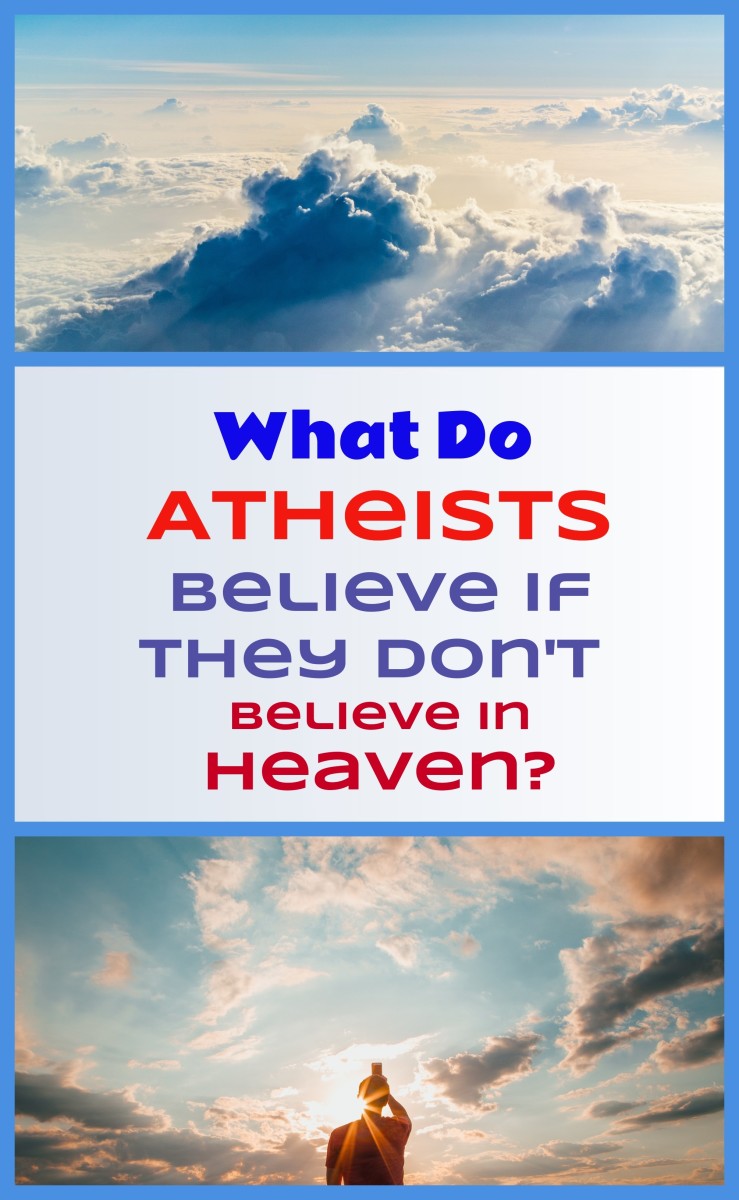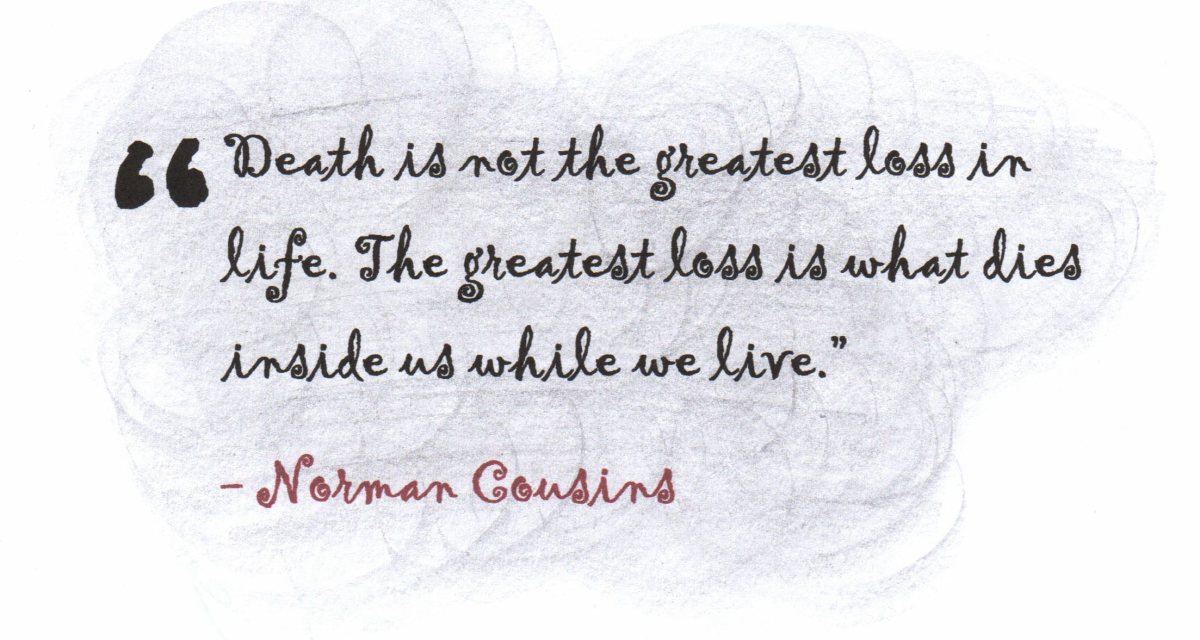Thoughts on the Fear of Death
The thought of death inspires mixed emotions in people. In my exploration of the topic involving the fear of death, I discovered certain trends in thinking. There are a lot of people who believe that it is pointless to be afraid of something that is guaranteed to happen. For others, there is a genuine fear of death regardless of this certainty.
I realized that most of the people I know with a fear of death fall into one of two categories. One involves the fear that the thing which we call “life” will come to an end with nothing to come after it. In the other category I noticed that people are not so much afraid of death as they are the continuation of life. I will do my best not to make this observation too complicated.
Viewpoint #1 - Fear of Life (and its consequences)
As I was thinking about death and the fear that surrounds it, the thought occurred to me that some people are in fact much more afraid of life than so-called death. I arrived at this conclusion because I noticed that a great deal of people, when addressing concerns about death, talk about the concept of an “after-life” and what will happen after death. The people who concentrate on this idea seem to view death more as a part of life and a means of transitioning to another state of being. This makes me wonder if people of this particular preoccupation should revise their statement about being afraid of death and assign a new object for their fears.
In this context fear is justifiable when death becomes more like a nonfatal car accident. People fear the result or the after-effect of the thing rather than the thing itself. The premise here is that the only rational type of fear is that which must have a consequence resembling something which is familiar in life. Some people, however, seem to raise the stakes surrounding death (as an event) and compound the entirety of life’s experiences (either positive or negative) into a single, never-ending consequence.
Absent a specific belief structure offering some sort of disproportionate benefit or punishment, many people would have a hard time explaining why death should be feared any more than catching a cold or breaking a leg. The perception of the consequence of death becomes the object of the fear and not death itself. For that reason, it is my conclusion that these types of people do not really fear death.

Viewpoint #2 – Fear of the Ending of Life
There is another group of people who claim to fear death because it signals the end of life, and they choose to believe that nothing else lies beyond death. In this particular scenario regarding death, I believe that there is a difference between the fear of nothingness and the fear of the unknown. It seems to me that people who fear the unknown and wonder if something happens or exists after death are still assuming the possibility of a consequence or continuation of life in some way. Those who do not worry about anything happening and only believe that everything stops at death have a different focus for their concerns.
These people seem to be more concerned about the means or process by which they will die and whether or not there will be any pain leading up to death. This outlook draws a distinction between death and the process of dying. People who are dying are still alive until the actual event of death. So do they really fear death?
Others fear death because it means that they will not get to accomplish a certain thing in life. This fear might also include leaving behind loved ones because they are important to a person’s life and not so much because that person is concerned for how loved ones will proceed without that person (a consequence of the person's death). This one seems to be closer to actually fearing death itself because death is seen as an actual, separate and immovable obstacle to life. There seems to be nothing more than death itself at the end.
Conclusion
This whole argument could possibly be summed up as mere semantics, but I believe that it is important to define the term “death” before deciding whether to be afraid of it. I am no psychiatrist, but I feel that when the object of a fear is misdirected, the mistake often masks an underlying concern which may be of greater importance. The fear of death (or whatever you want to call or include in it) can serve as a motivational tool to live life to the fullest or serve as a device to limit life to mere existence. I guess in either scenario one also has to define “life” and what it means to “live” as opposed to merely “exist.” Someone else can take up that subject.






